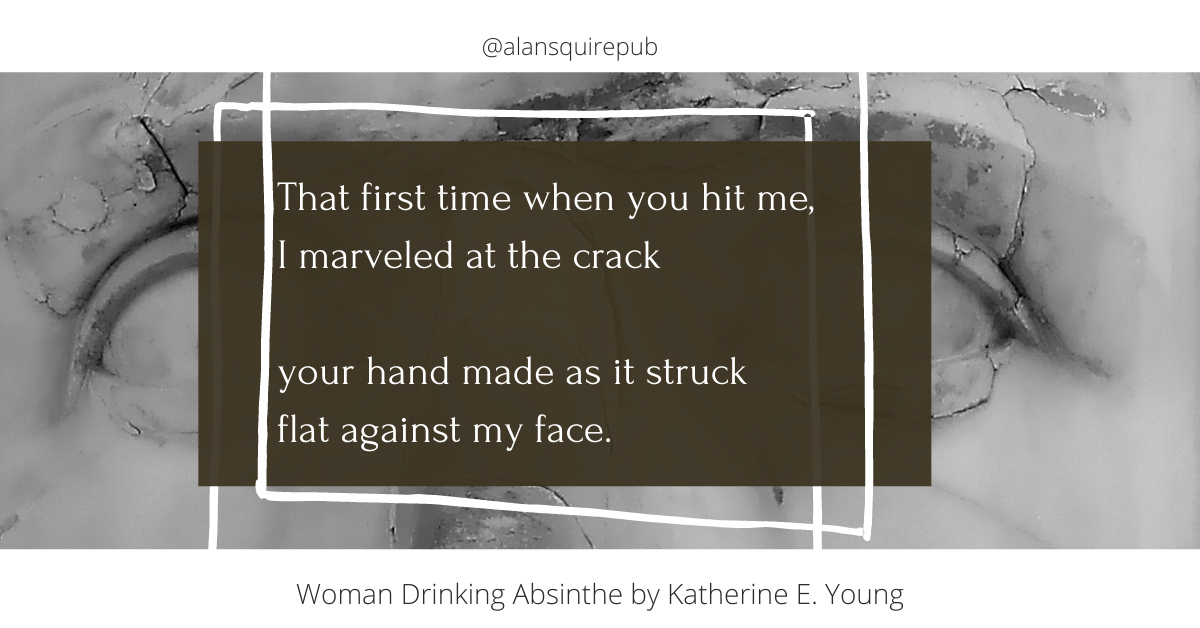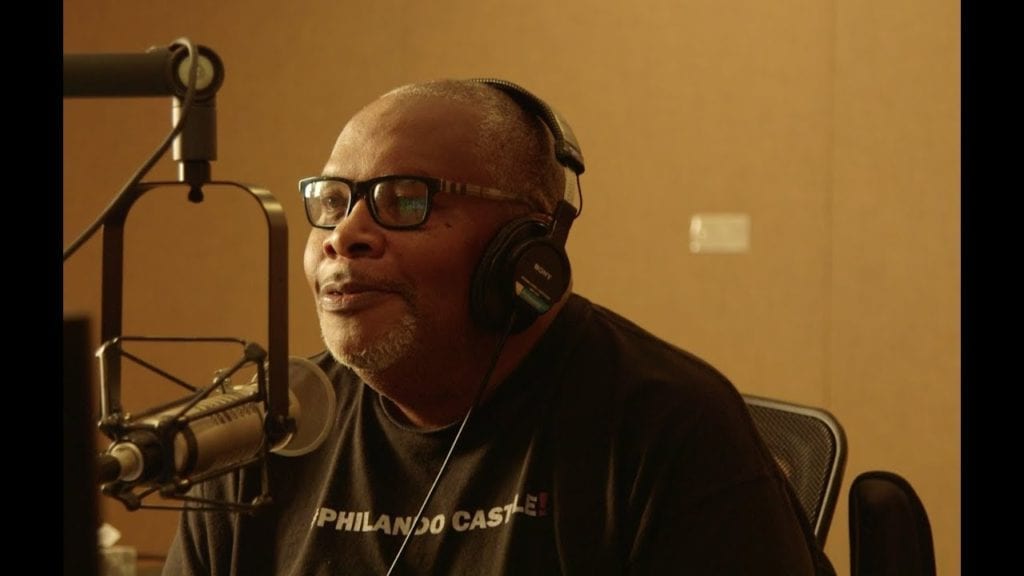WOMAN DRINKING ABSINTHE Analyzed by Billy Mills
Former Guardian Literary Journalist, Billy Mills, analyzes the conception of love in Katherine E. Young's new collection.

"Young’s core subject is love, but there’s nothing redemptive or particularly healing about its manifestations," writes Billy Mills in his analysis of Young's Woman Drinking Absinthe. Elsewhere he compares the different manifestations of this theme to coeval poets Christopher Jane Corkery and James Roome.
Mills analysis is fitting for Young's work which comes from a deeply literary place and is steeped in evocative allusion. Mills places WDA alongside the likes of Pound and Eliot in his thinking. Like these poets, Young uses unorthodox and historically informed forms and diction in her poetry.
An excerpt of Mills' analysis follows:
"The fourth (of five) sections of Katherine E. Young’s Woman Drinking Absinthe is a single sequence, ‘Place of Peace’ that takes off from a visit to the Civil War memorial at Shiloh National Military Park. The fourth section of the sequence opens with he line ‘Who doesn’t desire to be mesmerized by love?’ and ends ‘once more I fear the shadow of his hand.’ These lines could be said to serve as the twin poles of the entire collection.
For Young’s core subject is love, but there’s nothing redemptive or particularly healing about its manifestations."
The poems in Katherine E. Young’s Woman Drinking Absinthe concern themselves with transgressions. Lust, betrayal, guilt, redemption: Young employs fairy tales, opera, Impressionism, Japonisme, Euclidean geometry, Greek tragedy, wine, figs, and a little black magic to weave a tapestry that’s as old as the hills and as fresh as today’s headlines.
“On the Road, Columbia, South Carolina, Spring 1959” A Poem by Reuben Jackson
“There’s much said in what’s not said in Reuben Jackson’s poetry. His cleverly sparse style often convincingly veils the complexities of which he writes, just until the poet sharply corrects our deception.” Linda Stiles
Those deceptions Ms. Stiles refers to above often come from Reuben’s use of the child’s point of view. As a child, the narrator, and reader by proxy, is looking up at the absurdity of adult interests and actions with a renewed curiosity. The narrator misses the cut of the barber’s words when asked “aren’t you proud of being negro?” The narrator cannot reason why the neon lights of the roadside motel are fading in the rear-view window, and yet his father seemed once so confident…
New Poem by Reuben Jackson, “Radio Nights”
Radio Nights by Reuben Jackson ASP is proud to premier the new Reuben Jackson poem, “Radio Nights.” From Reuben: As I mentioned during the interview with Rose Solari, my childhood […]
Reuben Jackson Reads his Poem “Second Grade”
Reuben Jackson Reads “Second Grade” “Reuben Jackson’s poems are gateways to possible worlds. With the finesse of a real sleight-of-hand artist, he transforms the truly personal—hopes, dreams, desires—into universal memories.” Richard […]

